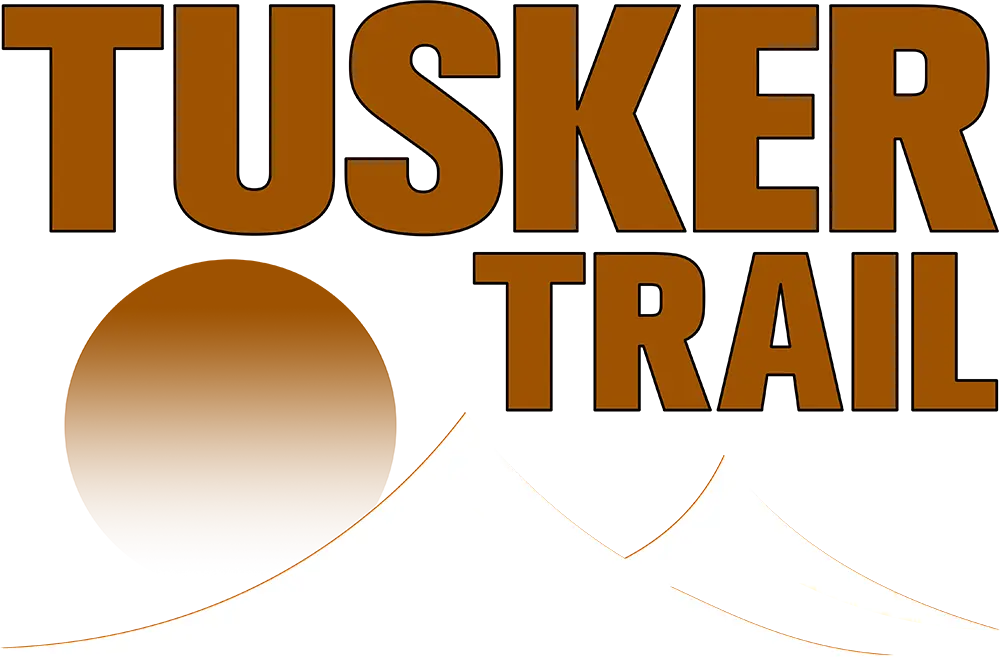Nepal, April 25, 2015
Many adventure travelers consider themselves so resilient that they can get out of any backcountry jam. This bulletproof mentality leads many to scoff at evacuation insurance until they get in that untenable situation where they desperately need help.
When a 7.8 earthquake jolted Nepal on April 25, 2015 Tusker’s group was at 16,942 feet, within two hours of their destination, Everest Base Camp. The quake had taken 18 lives at EBC and avalanches wiped out lower elevation roads to Kathmandu and its airport. Tusker trekking guide Mel Kaida didn’t immediately know how bad things were, but felt the earth trembling and they were stranded, but lucky to all be healthy. She contacted Tusker’s head office at Lake Tahoe, USA where Amy Frank Tusker Trail partner partner and head guide immediately contacted their medical evacuation partner, Ripcord Travel Services and began making evacuation plans.
Ripcord sent Al Bora, a former Marine to Kathmandu and an Evac plan was hatched. Mel was to lead her group 28 miles downhill to the Syangboche Airstrip at 12, 402 feet, where a helicopter could pick them up. Al was able to find a Russian M-18 chopper to perform the evacuation. On April 29 the Tusker group was one of the first groups to fly out of the Himalayas back to Kathmandu airport then flew home. Ripcord’s team remained in Nepal delivering 11,000 kilos of food to remote villages near Lukla and Manaslu.
Facts about Evacuation Membership
Buying an evac membership is not so simple. There are many companies offering insurance policies and rates are not standard. Some companies charge rates based on the countries you are visiting and there are many price variables depending on terrain etc. Ripcord simplifies its coverage with standard rates and only charges higher rates for Polar expeditions.
You may also find that your credit card offers “evacuation coverage,” but it’s only coverage. They will not send a team to rescue you if necessary. You will wait until the corporate machine gets moving before they can find any transport for you, so prepare wait around awhile. Ripcord does this full-time and has boots on the ground when Tusker needs them. And the proof was in Nepal during the earthquake.
Tusker founding guide Eddie Frank chose to partner with Ripcord and its medical affiliate Redpoint Solutions LLC because of its well established track record and a policy of no restrictions for altitude or mountaineering. . If you have an emergency anywhere in the back country, for example, Kilimanjaro or Mongolia, they will evacuate you if necessary — and fast.
Ripcord has ten million worldwide clients and conducted evacuations on all seven continents. Its staff includes former special ops veterans and medical pros from Stanford Medicine located close to Ripcord’s headquarters in Northern California.
Most travel insurers or credit card evacuation policies will only evacuate you to the nearest appropriate hospital, but only after getting authorization by local foreign attending physicians. Ripcord provides rescue from point of injury to home hospital of the clients choice in the U.S. Ripcord also bundles trip insurance for things such as trip cancellation, lost baggage and medical.
Tom Bochnowski is Eddie’s go-to guy, and partner at Ripcord. “Every Tusker client is is protected by Ripcord for rescue, whether for medical, political or natural disaster emergencies. It’s part of every trip they provide,” Tom said. “Tusker goes to very remote locations and their clients’ safety is Tusker’s top priority.”
On the Mongolia Steppe
Staying in remote contact is a keystone feature of Ripcord and has been beneficial to Tusker. When Ravi dislocated his shoulder on a Tusker Mongolia trek, Eddie Frank, a Wilderness First Responder, got Ripcord’s Emergency doc on the satellite phone. While Eddie worked with Ravi’s shoulder, Ripcord’s doc advised him with on reducing the shoulder. Ravi was able to complete the trip. Without Ripcord’s medical help, Ravi’s trip would have ended.
Don’t Worry, Cover your Butt
Many folks don’t travel to remote locations because they worry about being stuck if something goes wrong. It’s a real concern, but there are ways to assuage the fear. Go with an adventure company who has its safety act together and who partners with a solid medical evacuation company.



